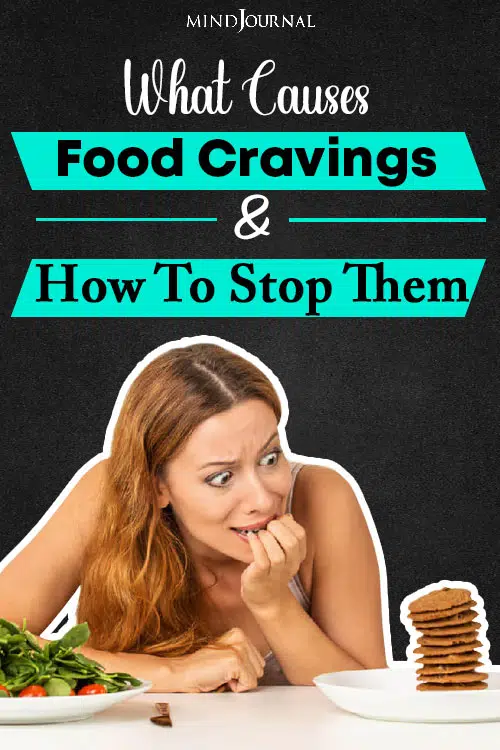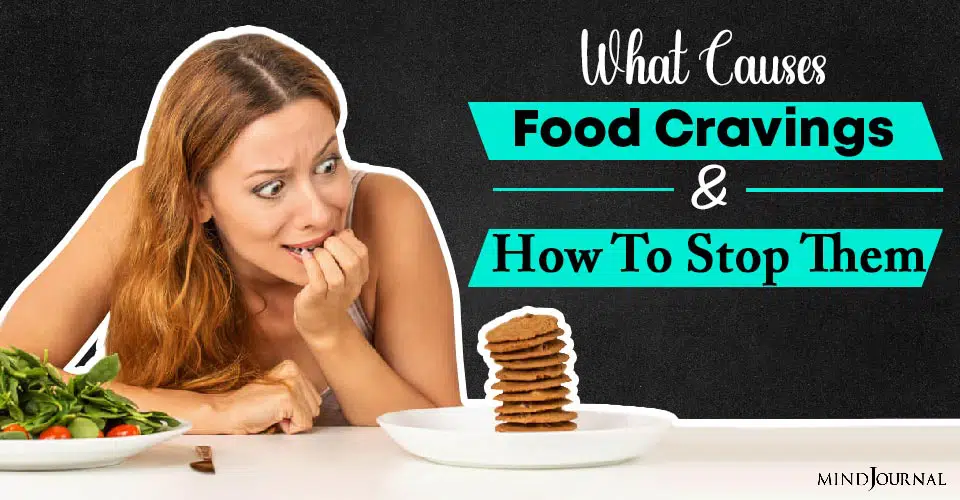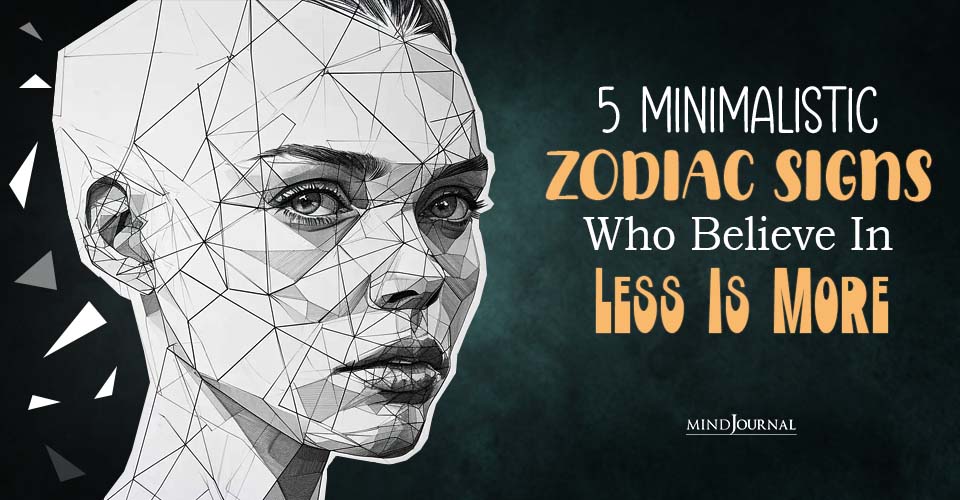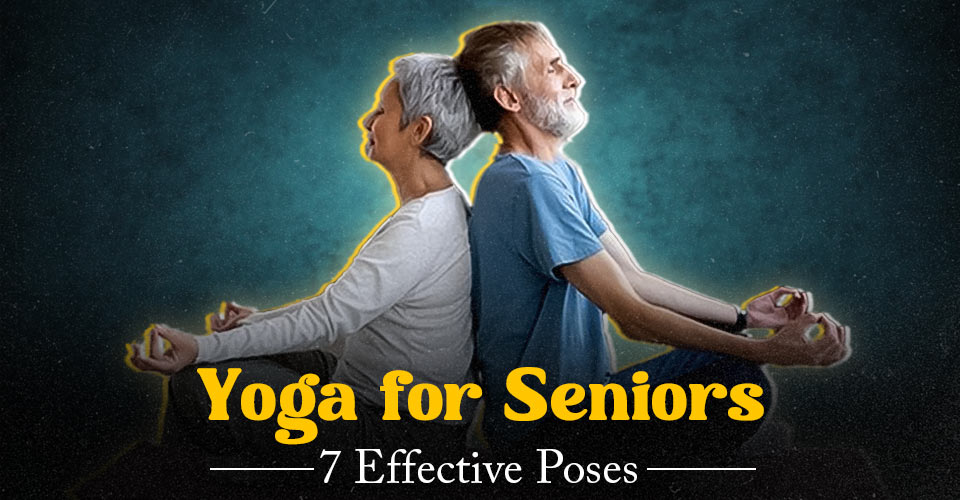Cravings. We all get them. It is one of those near-universal entities that can lead to frustration, over-consumption, and even hopelessness. Understanding the origin of food cravings can help us stop them.
KEY POINTS
1. Most food cravings are related to processed, highly palatable foods that stimulate the brain's reward centres. 2. Food cravings are often not related to nutritional needs, but rather come from habits, emotions, and brain and body chemistry. 3. Some ways to mitigate the effects of cravings include noticing emotions and writing them down as well as using mindfulness techniques.
Cravings can lead to such questions as:
- Why do these happen?
- What can I do to stop them?
- Am I a bad person because I can’t seem to get control of cravings?
- Does giving in to cravings mean I have no willpower?
- How can I go on a diet and not have cravings?
- What are my options? Seems like either I fight the craving or give in to it.
- Isn’t my body telling me that I need this item for survival?
Also read Why Can’t I Stop Overeating?
Characteristics of Cravings
In the annals of the literature/research regarding cravings, several things stand out as to their characteristics:
1. Cravings are almost exclusively for calorie-dense, highly palatable foods, not fruits, vegetables, or even protein.
2. This means that cravings are often for processed (junk) foods that are high in fat, salt or sugar.
3. Food deprivation, as seen in dieting, leads to increased cravings.
4. Many cravings are unrelated to hunger. Instead, they are related to a certain situation, time of day, stress or other emotion, or pure habit.
5. There is a complex set of hormones and other chemicals in the body and brain that contribute to cravings.
Any person who experiences cravings on a regular basis can probably tell you all of this, except perhaps that complex chemistry is involved.
The questions are, where do these pesky cravings come from, and how can we get rid of them? After all, not only can they lead to frustrating weight gain, but they can also get in the way of developing some regular, healthier, behaviors.
Also read Dangers Of Over Indulging In Alcohol During Isolation
Sources of Cravings
Studies in 2011 and 2012 indicate that dieting often leads to a rigid approach to making food choices that increase cravings for off-limits foods.
Let’s take a look at what this means. Most diets include a restriction of so-called junk foods. It is well known that processed “junk” foods are designed to be appealing to our brains’ reward centers. Even worse, once the brain has been rewarded by these foods, the habit becomes reinforced, pushing us to seek yet another reward of the same type. Restrictive dieting exacerbates our already existing cravings for junk foods.
To reinforce and expand on this point, another study in 2011 notes that habit is one of the most powerful predictors of eating behaviors, including cravings. This study made several important points about that:
- When something is a habit, people require very little information to make a decision.
- Intention to overcome a given habit is a poor predictor of success to overcome that habit.
- Many eating behaviors are triggered by situational cues, not actual hunger.
Interventions for Cravings
There are a variety of mindfulness interventions that focus on the emotional regulation of cravings. One of the techniques used is to identify emotions at the time of the craving and write them down. Individuals are then encouraged to view the emotions as transitory and something that does not need acting upon. While waiting for the craving to pass, individuals are often encouraged to insert a healthy activity. Cravings often pass in 15 to 20 minutes or less.
Other interventional studies have used mindfulness as a way to mitigate eating out of habit. One of these, a study published in 2010, found that using a self-acceptance-based mindfulness intervention resulted in the regulation of cravings in the overweight and obese population.
Mindfulness takes time, practice, and patience to become effective. Often a craving is actually an attempt to evade a negative emotion by using the ensuing positive reward as a transitory cover-up. Since there is some denial implicit in this process, helping people to identify the negative emotion may not be as easy as it sounds.
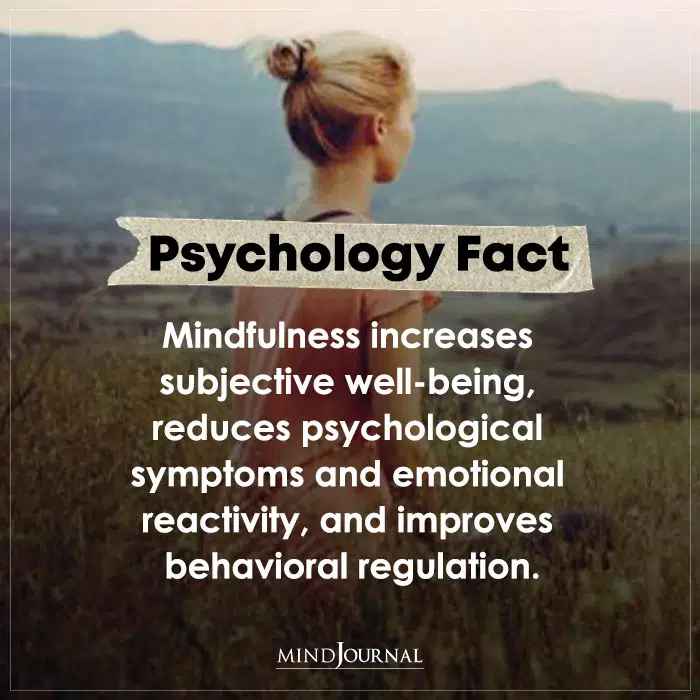
Also read 5 Effective Ways To Train Your Brain To STOP Overeating
Here is where self-acceptance can play a huge role in overcoming cravings. Self-acceptance adds another dimension to mindfulness beyond allowing the emotions to pass. Self-acceptance uses instruction to cast light on the various forces behind cravings (habits, emotions, and complex body and brain chemistry).
Awareness of the root of the problem can take away the guilt often associated with giving in to cravings. Perhaps more importantly, awareness of the factors involved can make it easier for an individual to not take the urge so seriously, to let it pass, and to find ways to take the focus off of it.
Then “I have to eat this!” can change into “There’s that craving again… now I understand where this is coming from.” This is when that seemingly unmanageable impulse can be tamed.
References 1. Meule, A., Westenhofer, J., Kubler, A. (2011). Food cravings mediate the relationship between rigid, but not flexible control of eating behavior and dieting success. Appetite. 57(3): 582-584. 2. Hooper, N., Sandoz, E.K., Ashton, J., Clarke, A., McHugh, L. (2012). Comparing thought suppression and acceptance as coping techniques for food cravings. Eating Behaviors. 13(1): 62-64. 3. Van’t Reit, J., Sijtsema, S.J., Dagevos, H., DeBruijn, G. (2011). The importance of habits in eating behaviour. An overview and recommendations for future research. Appetite. 57(3): 585-596. 4. Alberts, H.J.E.M., Mulkens, S., Smeets, M., Thewissen, R. (2010). Coping with food cravings. Investigating the potential of a mindfulness-based intervention. Appetite. 55(1): 160-163.
Written by: Kristen Carter Originally appeared on: Psychology Today Republished with permission
